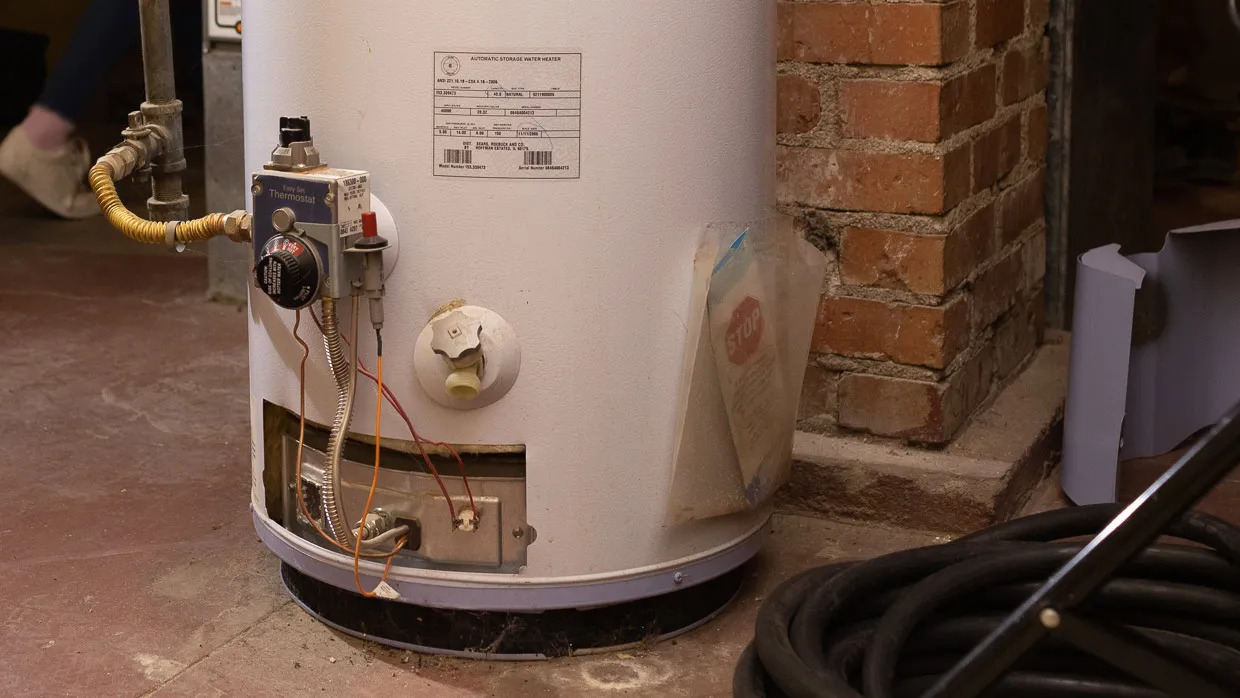

Articles
When Should You Replace Water Heater
Modified: October 31, 2024
Discover when it's time to replace your water heater with informative articles on maintenance, signs of wear, and expert advice.
(Many of the links in this article redirect to a specific reviewed product. Your purchase of these products through affiliate links helps to generate commission for Storables.com, at no extra cost. Learn more)
Introduction
A water heater is an essential appliance in any household, providing hot water for bathing, cooking, and cleaning. However, like any other appliance, water heaters have a limited lifespan and will eventually need to be replaced. Knowing when to replace your water heater is crucial to avoid sudden breakdowns and costly repairs.
In this article, we will discuss the signs of a failing water heater, the average lifespan of a water heater, factors to consider before replacement, the cost of water heater replacement, types of water heaters to consider, steps to replace a water heater, and tips for prolonging the lifespan of your water heater.
By understanding the signs of a failing water heater and the necessary steps for replacement, you can make informed decisions to ensure a constant supply of hot water for your daily needs.
Key Takeaways:
- Knowing the signs of a failing water heater, considering factors like type, cost, and maintenance, and following proper replacement steps are crucial for ensuring a reliable supply of hot water in your home for years to come.
- Regular maintenance, proactive care, and understanding the average lifespan of a water heater are essential for maximizing its longevity and efficiency, ultimately saving you from potential headaches and costly replacements.
Signs of a Failing Water Heater
A failing water heater can cause inconvenience and discomfort in your daily routine. It’s important to be aware of the signs that indicate your water heater may need replacing. Here are some common signs to look out for:
- Lack of Hot Water: If your water heater is consistently providing lukewarm or cold water, it could be a sign of a malfunctioning heating element or a deteriorating tank. This is a clear indicator that your water heater may need to be replaced.
- Inconsistent Water Temperature: If you notice a fluctuation in water temperature while using hot water, it could be a sign of sediment buildup in the tank or a faulty thermostat. Inconsistent water temperature is a telltale sign of an aging water heater.
- Strange Noises: Unusual noises such as popping, rumbling, or banging sounds coming from your water heater can be a sign of sediment buildup. The accumulation of sediment can cause the water heater to work harder, leading to inefficiency and potential damage to the unit.
- Leakage: Any sign of water leakage around your water heater is a serious concern. It could indicate a crack or a corroded tank, which can lead to more extensive water damage if not addressed promptly. A leaking water heater is a clear indication that it is time for a replacement.
- Age of the Water Heater: The age of your water heater is an essential factor to consider. On average, a traditional tank-style water heater typically lasts 10-15 years, while tankless water heaters can have a longer lifespan of 20 years or more. If your water heater has exceeded its life expectancy, it’s wise to start considering a replacement.
Identifying these signs of a failing water heater can help you take proactive measures to replace it before it completely breaks down. Keep in mind that these signs may vary depending on the type and model of your water heater.
Average Lifespan of a Water Heater
The average lifespan of a water heater can vary depending on several factors, including the type of water heater, maintenance practices, and water quality. On average, traditional tank-style water heaters last approximately 10-15 years, while tankless water heaters can have a longer lifespan of 20 years or more.
Traditional tank-style water heaters consist of a large storage tank that holds and heats the water. Over time, sediment can build up inside the tank, leading to corrosion and reduced efficiency. Regular maintenance, such as draining the tank to remove sediment, can help prolong the lifespan of a tank-style water heater.
Tankless water heaters, on the other hand, heat water directly as it flows through the unit, eliminating the need for a storage tank. They are known for their energy efficiency and longer lifespan compared to traditional water heaters. However, the lifespan of a tankless water heater can be influenced by factors such as water quality and maintenance.
Water quality plays a significant role in the lifespan of a water heater. Hard water, which contains high levels of minerals like calcium and magnesium, can cause sediment accumulation and accelerate corrosion. Installing a water softener or using a descaler can help mitigate the negative effects of hard water and extend the lifespan of the water heater.
Regular maintenance is also crucial for maximizing the lifespan of a water heater. Flushing the tank annually to remove sediment, inspecting and replacing the anode rod as needed, and checking the pressure relief valve are all recommended maintenance practices that can help ensure the longevity of the unit.
It is important to note that the average lifespan is just an estimate, and individual circumstances can affect the actual lifespan of a water heater. Factors such as usage patterns, water temperature settings, and the quality of installation can impact how long a water heater lasts.
Monitoring the signs of a failing water heater and considering the age of your unit can help you determine if it’s time for a replacement. Regular maintenance and addressing any issues promptly can help maximize the lifespan of your water heater and ensure consistent hot water for your household.
Factors to Consider before Replacement
When it comes to replacing a water heater, there are several important factors to consider to ensure you make the right decision for your household. Taking these factors into account will help you choose the most suitable replacement option.
- Type of Water Heater: Consider the type of water heater you currently have and whether you want to stick with the same type or explore different options. Traditional tank-style water heaters offer a lower upfront cost but have a limited lifespan. Tankless water heaters, on the other hand, are more energy-efficient but have a higher initial investment.
- Hot Water Demand: Evaluate your household’s hot water usage. Calculate the peak demand, taking into consideration the number of bathrooms, appliances, and the size of your family. This will help determine the appropriate size and capacity of the new water heater.
- Energy Efficiency: Consider the energy efficiency of the water heater models you are considering. Look for models with a high Energy Factor (EF) rating, as this indicates greater efficiency and lower operating costs in the long run. A more energy-efficient water heater can help reduce your utility bills.
- Space Availability: Assess the available space for the water heater installation. Tank-style water heaters require a dedicated storage space, while tankless water heaters are more compact and can be installed in smaller areas. Ensure that the chosen replacement option fits within the available space.
- Budget: Determine your budget for the water heater replacement, considering not only the cost of the unit but also the installation expenses and any necessary modifications to the plumbing or electrical systems. It’s important to find a balance between the upfront cost and long-term savings.
- Warranty: Review the warranty offered by the manufacturer. A longer warranty indicates the manufacturer’s confidence in the product’s quality and can provide peace of mind in case of any future issues. Take note of the warranty coverage for different components, such as the tank, heating elements, or other parts.
Taking these factors into consideration will help guide your decision-making process and ensure that the replacement water heater meets your household’s hot water needs and aligns with your budget and energy efficiency goals.
Cost of Water Heater Replacement
When considering the replacement of a water heater, it is important to factor in the cost of the unit itself, as well as any additional expenses such as installation, permits, and potential modifications to the plumbing system. The overall cost can vary depending on several factors.
The cost of the water heater unit itself will depend on the type and model you choose. Traditional tank-style water heaters typically have a lower upfront cost, with prices ranging from $500 to $1500, depending on the size and features. Tankless water heaters, on the other hand, have a higher initial investment, with prices typically ranging from $1000 to $4000 or more, depending on the capacity and specifications.
In addition to the cost of the unit, you will need to consider the cost of installation. If you have experience with plumbing and electrical work, you may choose to install the water heater yourself to save on labor costs. However, it is highly recommended to hire a professional plumber for the installation to ensure proper and safe installation. The installation cost will vary depending on factors such as the complexity of the installation, local labor rates, and any necessary modifications to the existing plumbing system. On average, the installation cost can range from $500 to $1500.
Other costs to consider include obtaining permits from local authorities, which may be required for the installation. Permit costs vary depending on your location and can range from $50 to $300 or more. Additionally, if any modifications or upgrades are needed to the plumbing system, such as upgrading the water supply lines or adding a new venting system for a tankless water heater, these costs should be included in your budget as well.
While the initial investment for a new water heater can seem significant, it is important to consider the long-term savings and energy efficiency benefits. Energy-efficient water heaters can help lower your monthly utility bills, offsetting the upfront cost over time. Additionally, some utility companies offer rebates or incentives for installing energy-efficient water heaters, which can further reduce the overall cost.
Before making a decision, it is recommended to get multiple quotes from reputable plumbers to compare costs and ensure you are getting the best value for your investment. Additionally, consider the warranty offered by the manufacturer, as a longer warranty can provide added protection and potential cost savings in the event of any future issues.
Tip: Replace your water heater if it’s over 10 years old, showing signs of corrosion, or not producing hot water consistently. Regular maintenance can also extend its lifespan.
Types of Water Heaters to Consider
When it comes to choosing a water heater for replacement, there are several types to consider, each offering its own advantages and considerations. The two main types of water heaters are traditional tank-style water heaters and tankless water heaters.
Traditional Tank-Style Water Heaters:
Tank-style water heaters are the most common and familiar type. They consist of a large storage tank that holds and heats the water. Here are some key features and considerations:
- Storage Capacity: Tank-style water heaters come in various sizes, ranging from 20 to 80 gallons or more. The storage capacity determines the amount of hot water available at a given time. It is essential to choose a tank size that meets your household’s hot water demands.
- Lower Initial Cost: Traditional water heaters generally have a lower upfront cost compared to tankless water heaters. This makes them a more budget-friendly option.
- Constant Hot Water Supply: Tank-style water heaters provide a continuous supply of hot water, making them suitable for households with higher hot water demands.
- Regular Maintenance: Tank-style water heaters require regular maintenance, including draining the tank to remove sediment buildup and replacing the anode rod to prevent corrosion.
- Space Requirements: Traditional water heaters require space for the storage tank. Consider the available space in your utility area when choosing the size of the tank.
Tankless Water Heaters:
Tankless water heaters, also known as on-demand water heaters, heat water directly as it flows through the unit. Here are some key features and considerations:
- Compact Size: Tankless water heaters are compact and require less space compared to traditional tank-style water heaters. This makes them suitable for smaller homes or areas with limited space.
- Energy Efficiency: Tankless water heaters are more energy-efficient compared to traditional water heaters. They only heat water when needed, reducing energy consumption and lowering utility bills.
- Endless Hot Water: Tankless water heaters provide a continuous supply of hot water, eliminating the need to wait for the tank to refill. This ensures hot water on-demand, even for households with high hot water demands.
- Higher Initial Cost: Tankless water heaters generally have a higher upfront cost compared to traditional water heaters. However, the energy savings over time can help offset the initial investment.
- Longer Lifespan: Tankless water heaters have a longer lifespan compared to traditional water heaters, often lasting 20 years or more with proper maintenance. This can provide long-term cost savings.
Other types of water heaters to consider include heat pump water heaters, which use electricity to transfer heat from the air or ground to heat the water, and solar water heaters, which utilize energy from the sun to heat the water. These options are more environmentally friendly but may have higher upfront costs and may not be suitable for all climates or locations.
When choosing a water heater type, consider your hot water demands, available space, energy efficiency goals, and budget. It is also advisable to consult with a professional plumber who can assess your specific needs and recommend the most suitable option for your household.
Steps to Replace a Water Heater
Replacing a water heater may seem like a daunting task, but with the right preparation and steps, it can be done smoothly. Here are the general steps to follow when replacing a water heater:
- Turn off Utilities: Begin by turning off the gas or electricity supply to the existing water heater. For a gas water heater, turn off the gas supply at the shut-off valve. For an electric water heater, switch off the circuit breaker at the electrical panel.
- Drain the Tank: Connect a garden hose to the drain valve at the bottom of the tank. Position the other end of the hose in a suitable drainage location, such as a floor drain or outside. Open the drain valve to drain the water heater tank completely. Be cautious, as the water may be hot.
- Disconnect the Pipes: Once the tank is drained, disconnect the inflow and outflow pipes connected to the water heater. Use a pipe wrench or adjustable pliers to loosen the fittings and remove the pipes. Take note of the orientation of the pipes for the installation of the new water heater.
- Remove the Old Water Heater: With the pipes disconnected, carefully remove the old water heater from its location. This may require the assistance of another person, as water heaters can be heavy.
- Install the New Water Heater: Position the new water heater in the designated location, ensuring it complies with local building codes and regulations. Connect the inflow and outflow pipes to the appropriate fittings on the new water heater. Use pipe joint compound or plumber’s tape to ensure a watertight seal.
- Connect the Utilities: Reconnect the gas or electricity supply to the new water heater, following the manufacturer’s instructions. For a gas water heater, test for gas leaks by applying a gas leak detection solution to the gas fittings. For an electric water heater, ensure the wiring is properly connected and tightened.
- Fill the Tank and Check for Leaks: Close the drain valve on the new water heater. Turn on the cold water supply and allow the tank to fill. Check for any leaks around the fittings and connections. If any leaks are detected, tighten the connections or replace faulty parts as necessary.
- Turn on Utilities and Test: Once the tank is filled, turn on the gas or electricity supply to the new water heater. Adjust the thermostat to the desired temperature. Open a hot water faucet in your home to purge any air from the system. Once a steady flow of water is observed, the replacement is complete.
It is important to note that these steps are a general guideline, and specific instructions may vary depending on the type and model of the water heater. It is recommended to consult the manufacturer’s instructions and, if needed, seek the assistance of a professional plumber for a smooth and safe water heater replacement.
Tips for Maintaining the Lifespan of a Water Heater
Maintaining a water heater is essential for ensuring its longevity and optimal performance. By following these tips, you can prolong the lifespan of your water heater and avoid unexpected breakdowns or costly repairs:
- Regularly Drain the Tank: Sediment buildup can affect the efficiency and lifespan of a water heater. Periodically draining the tank helps remove accumulated sediment. Consult the manufacturer’s instructions or a professional plumber for specific guidance on how often to drain your particular water heater model.
- Check the Pressure Relief Valve: The pressure relief valve is a safety feature that releases excess pressure from the tank. Regularly test the valve by lifting the lever to ensure it moves freely and allows water to flow. If the valve appears to be faulty or does not operate correctly, contact a plumber for further inspection and potential replacement.
- Monitor the Temperature Settings: Keep an eye on the temperature settings of your water heater to prevent overheating and reduce energy consumption. The recommended temperature is typically between 120 to 140 degrees Fahrenheit (49 to 60 degrees Celsius).
- Inspect the Anode Rod: The anode rod helps prevent corrosion inside the tank by attracting minerals and other corrosive elements. Regularly inspect the anode rod and replace it if it is heavily corroded or deteriorated. A well-maintained anode rod can significantly extend the lifespan of your water heater.
- Test the TPR Valve: The temperature and pressure relief (TPR) valve is a safety device that releases water if the pressure or temperature inside the tank becomes too high. Test the TPR valve annually by gently lifting the lever and ensuring that water is released. If the valve does not function properly, have it replaced immediately.
- Check for Leaks: Regularly check for any signs of leaks around the water heater, including the connections, fittings, and relief valves. Address any leaks promptly to prevent water damage and potential damage to the water heater.
- Protect Against Sediment and Hard Water: If you live in an area with hard water, consider installing a water softener to reduce the mineral content. In areas with high sediment levels, install a whole-house sediment filter to prolong the lifespan of your water heater.
- Follow Manufacturer’s Maintenance Recommendations: Each water heater model may have specific maintenance requirements. Refer to the manufacturer’s instructions and follow their recommended maintenance tasks and schedules to ensure the longevity and proper functioning of your water heater.
- Schedule Professional Inspections: Regularly schedule professional inspections of your water heater to identify any potential issues and ensure it is functioning at its best. A qualified plumber can perform a thorough inspection, make necessary adjustments, and provide recommendations for maintenance or repairs.
By following these maintenance tips, you can significantly extend the lifespan of your water heater and maintain its efficiency. Regular maintenance and proactive care will help ensure a constant supply of hot water and save you from potential headaches and costly replacements.
Conclusion
Knowing when to replace your water heater is crucial for maintaining a reliable supply of hot water in your home. By being aware of the signs of a failing water heater, understanding the average lifespan, and considering the necessary factors, you can make an informed decision about when it’s time for a replacement.
Signs such as lack of hot water, inconsistent water temperature, strange noises, leakage, and the age of the water heater are indicators that it may be time to replace your water heater. It’s important to address these signs promptly to avoid inconvenience and potential water damage.
When considering a replacement, factors such as the type of water heater, hot water demand, energy efficiency, space availability, budget, and warranty should be taken into account. Assessing these factors will help you choose the most suitable water heater for your household’s needs.
The cost of water heater replacement includes not only the unit itself but also installation, permits, and potential plumbing modifications. It’s important to budget for these expenses and consider the long-term energy savings that a more efficient water heater can provide.
There are different types of water heaters to consider, including traditional tank-style water heaters and tankless water heaters. Each type has its own advantages, so it’s essential to choose the one that best meets your hot water demands, space requirements, and energy efficiency goals.
When replacing a water heater, following the proper steps is crucial. From turning off utilities and draining the tank to installing the new water heater and checking for leaks, each step ensures a proper and safe replacement process.
To maximize the lifespan of your water heater, regular maintenance is key. This includes draining the tank, checking the pressure relief valve, monitoring temperature settings, inspecting the anode rod, testing the TPR valve, checking for leaks, protecting against sediment and hard water, and following the manufacturer’s maintenance recommendations. Additionally, scheduling professional inspections can help identify any potential issues and ensure proper functioning.
In conclusion, understanding the signs of a failing water heater and taking into consideration the necessary factors, cost, types, replacement steps, and maintenance tips will help you make informed decisions and maintain a reliable supply of hot water in your home for years to come.
Frequently Asked Questions about When Should You Replace Water Heater
Was this page helpful?
At Storables.com, we guarantee accurate and reliable information. Our content, validated by Expert Board Contributors, is crafted following stringent Editorial Policies. We're committed to providing you with well-researched, expert-backed insights for all your informational needs.

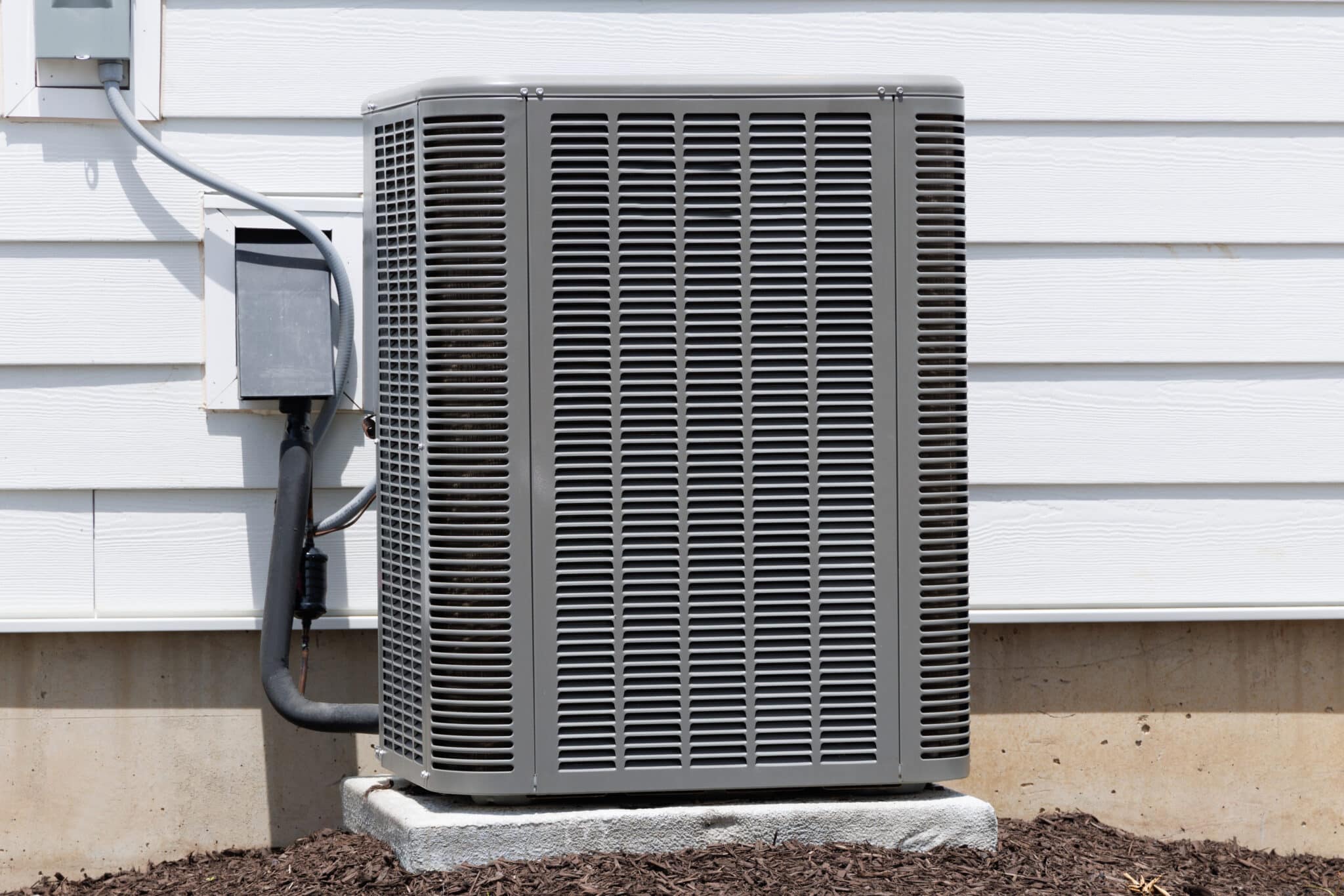
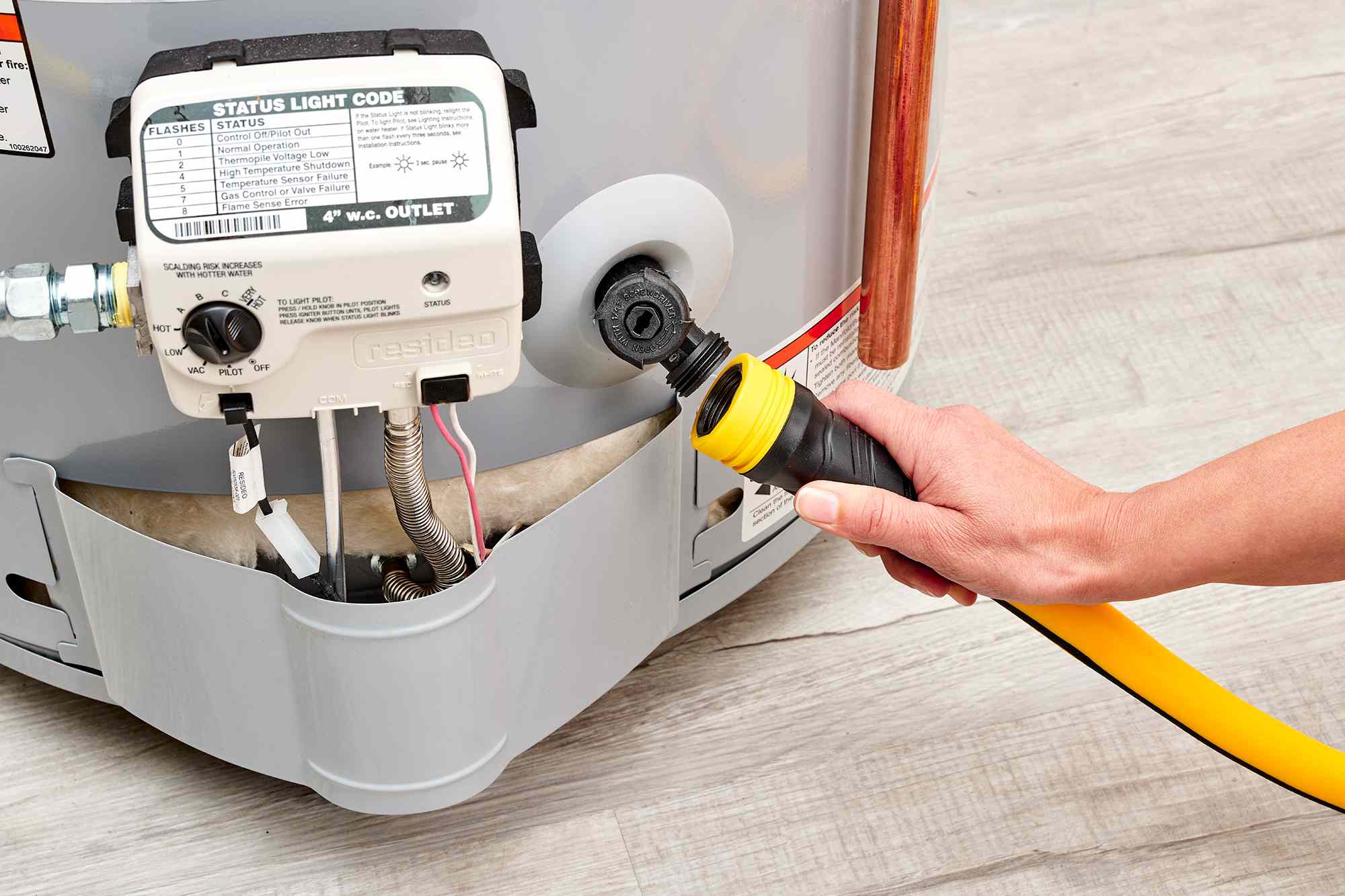
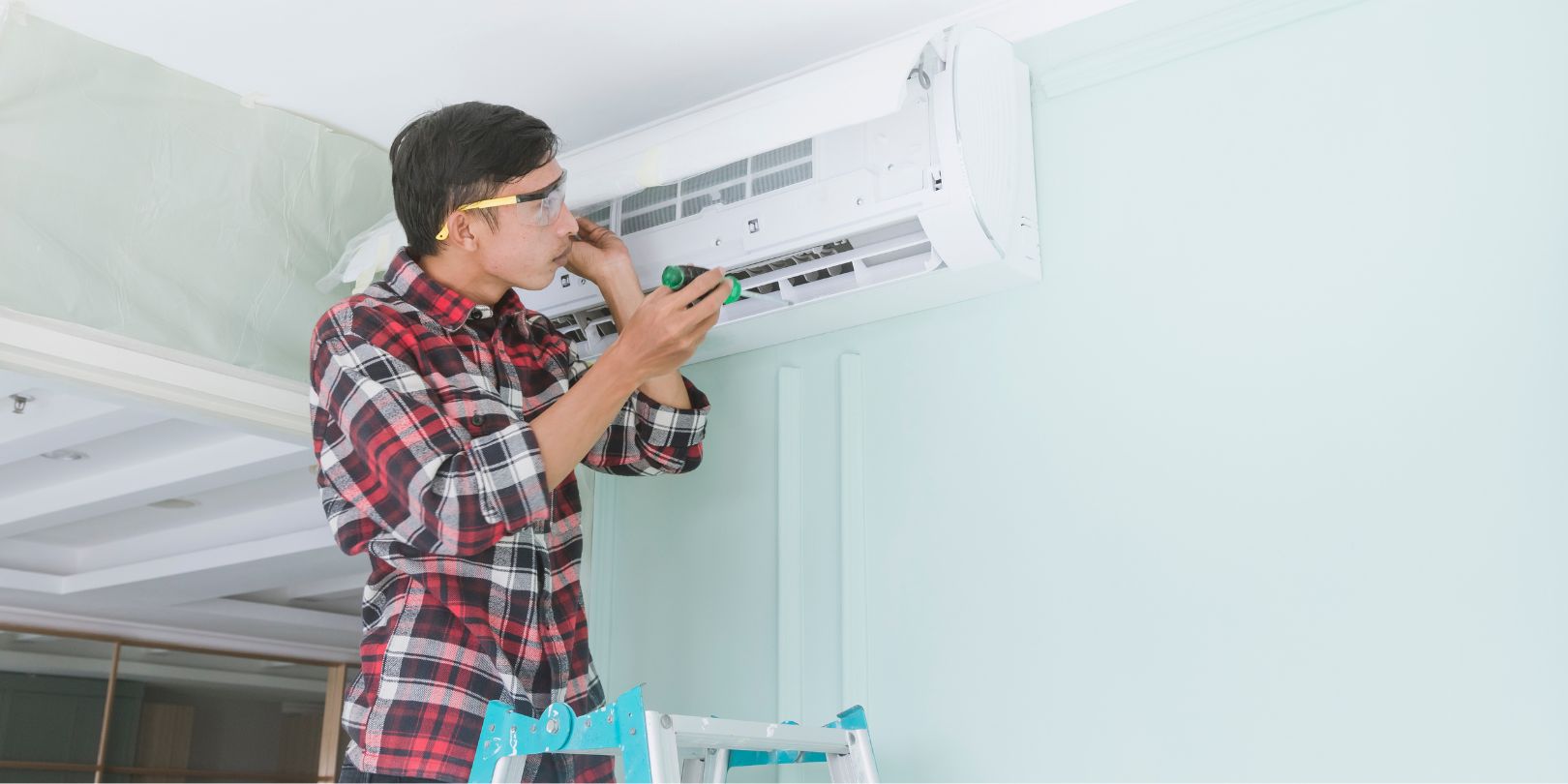
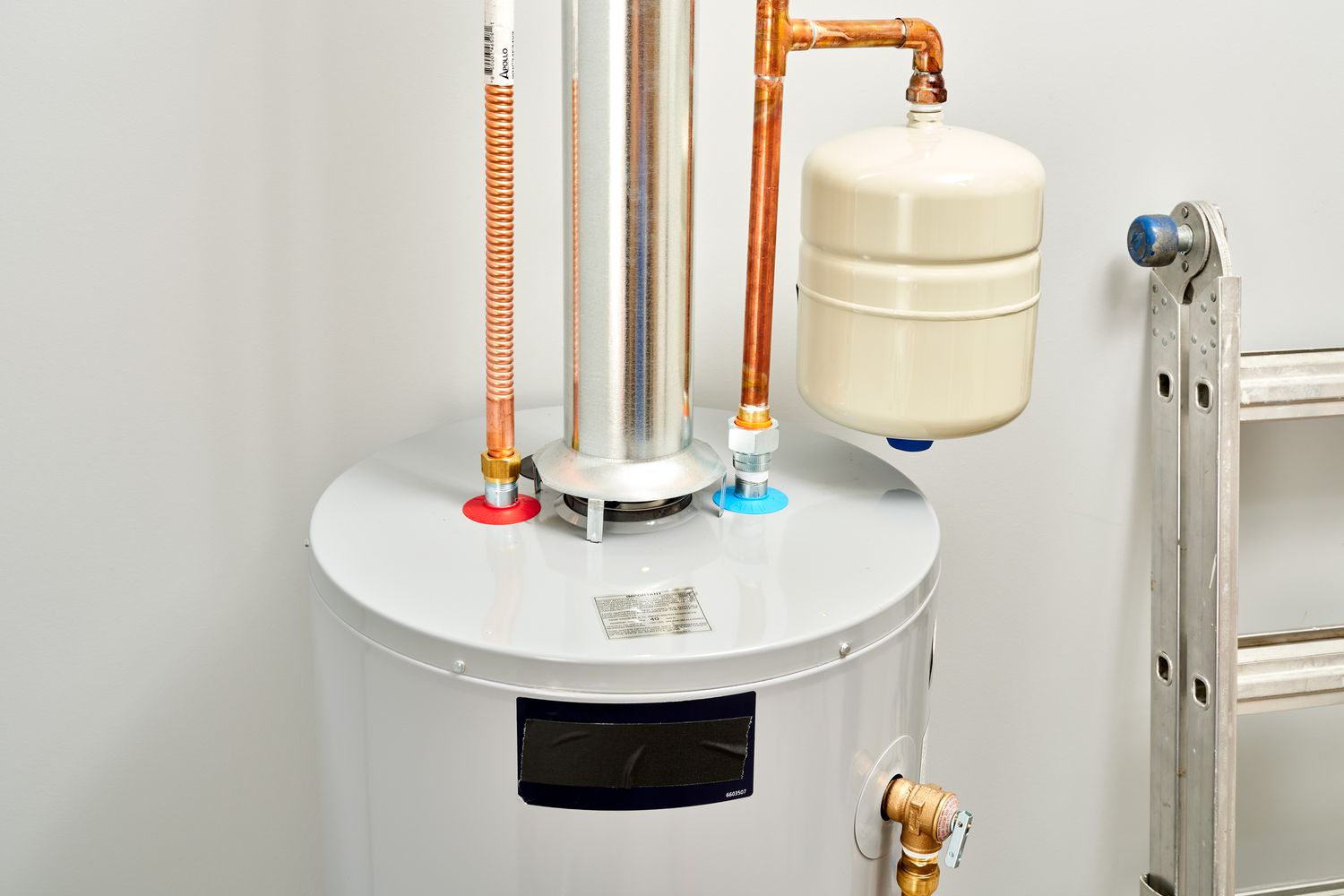
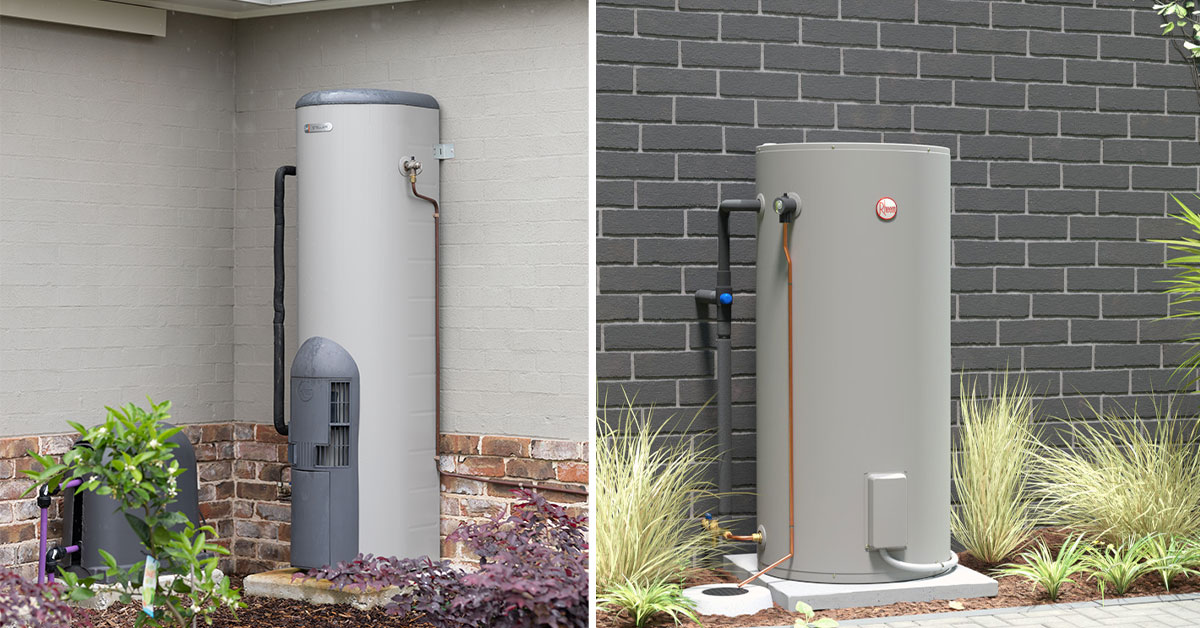
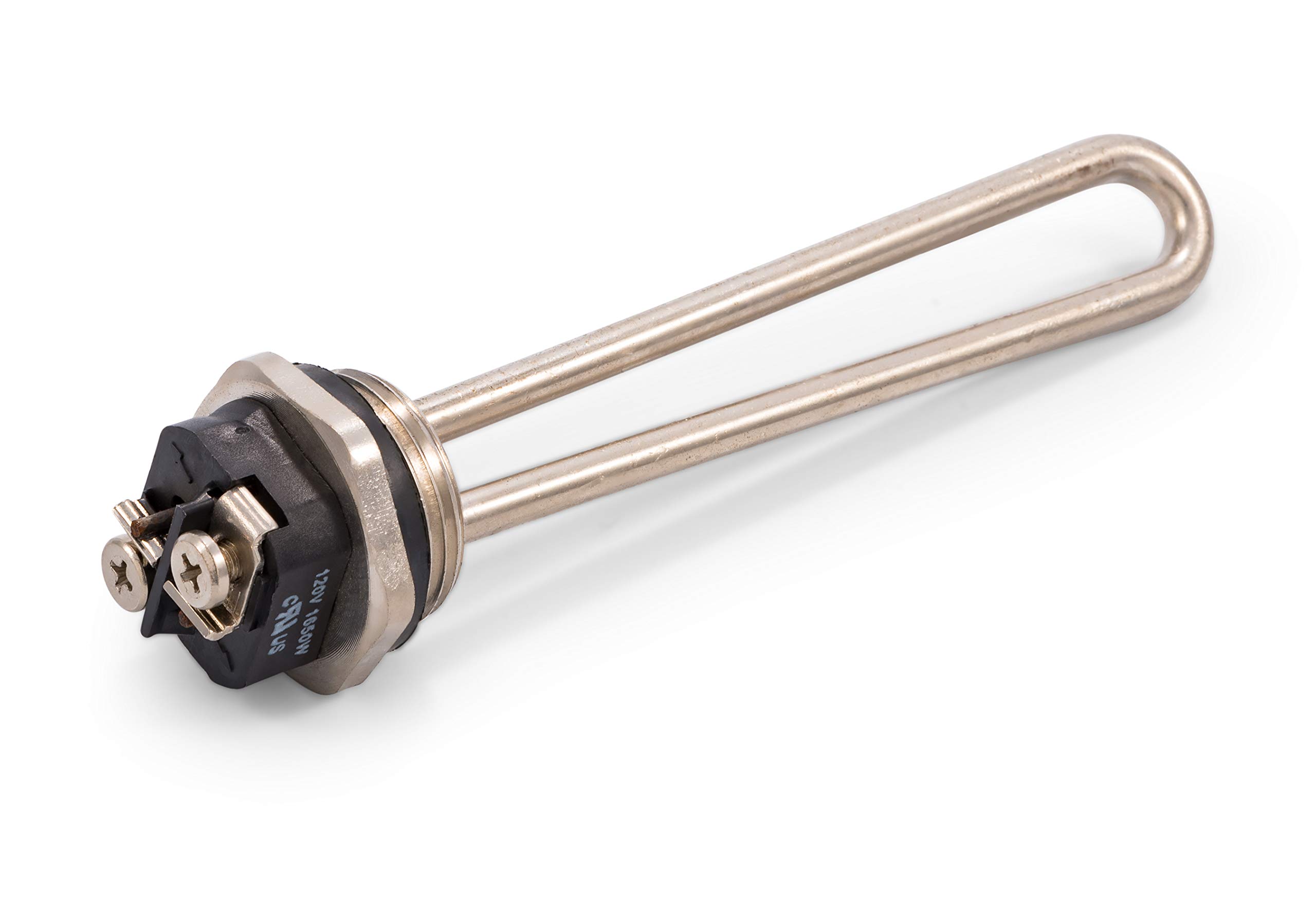
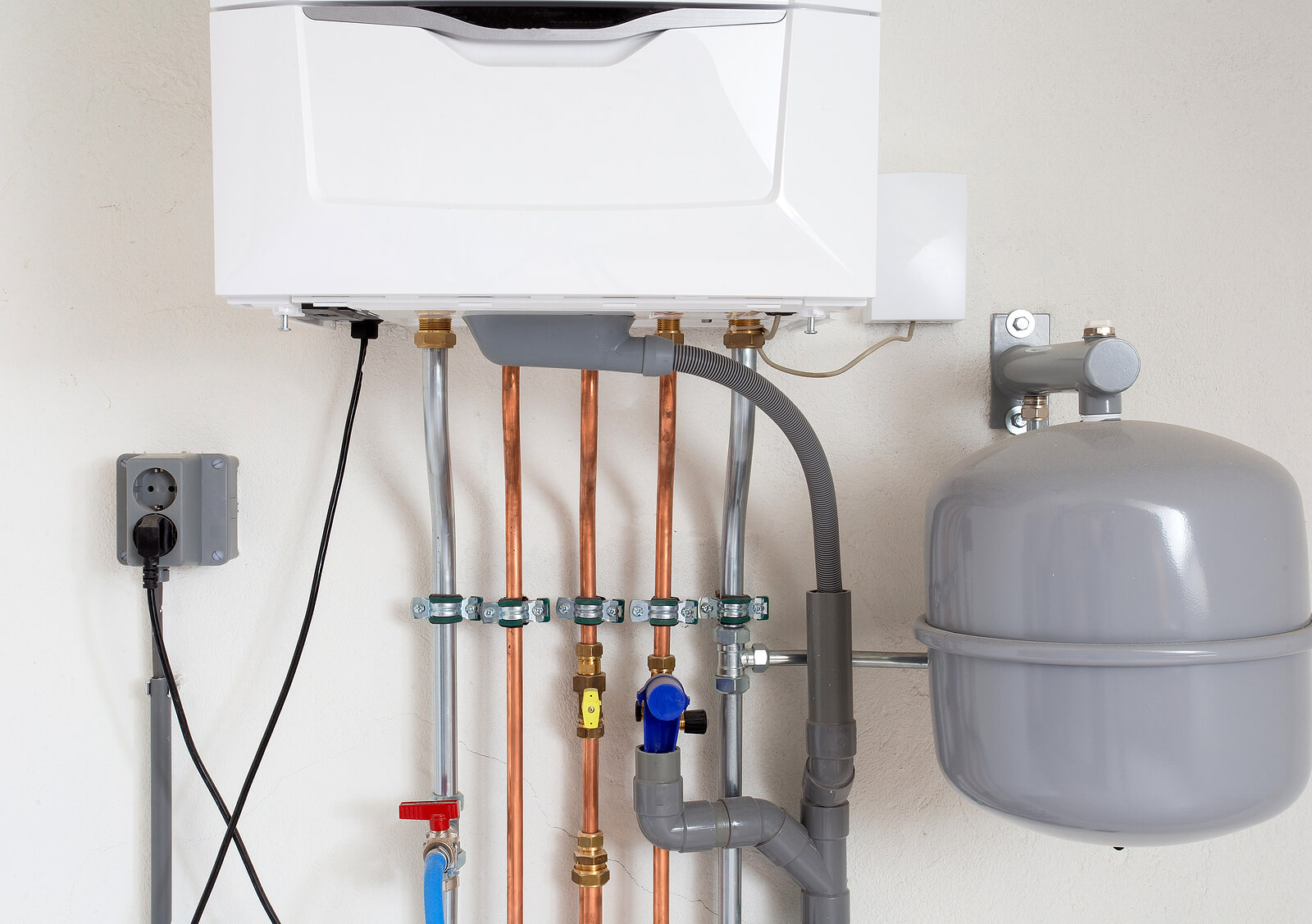
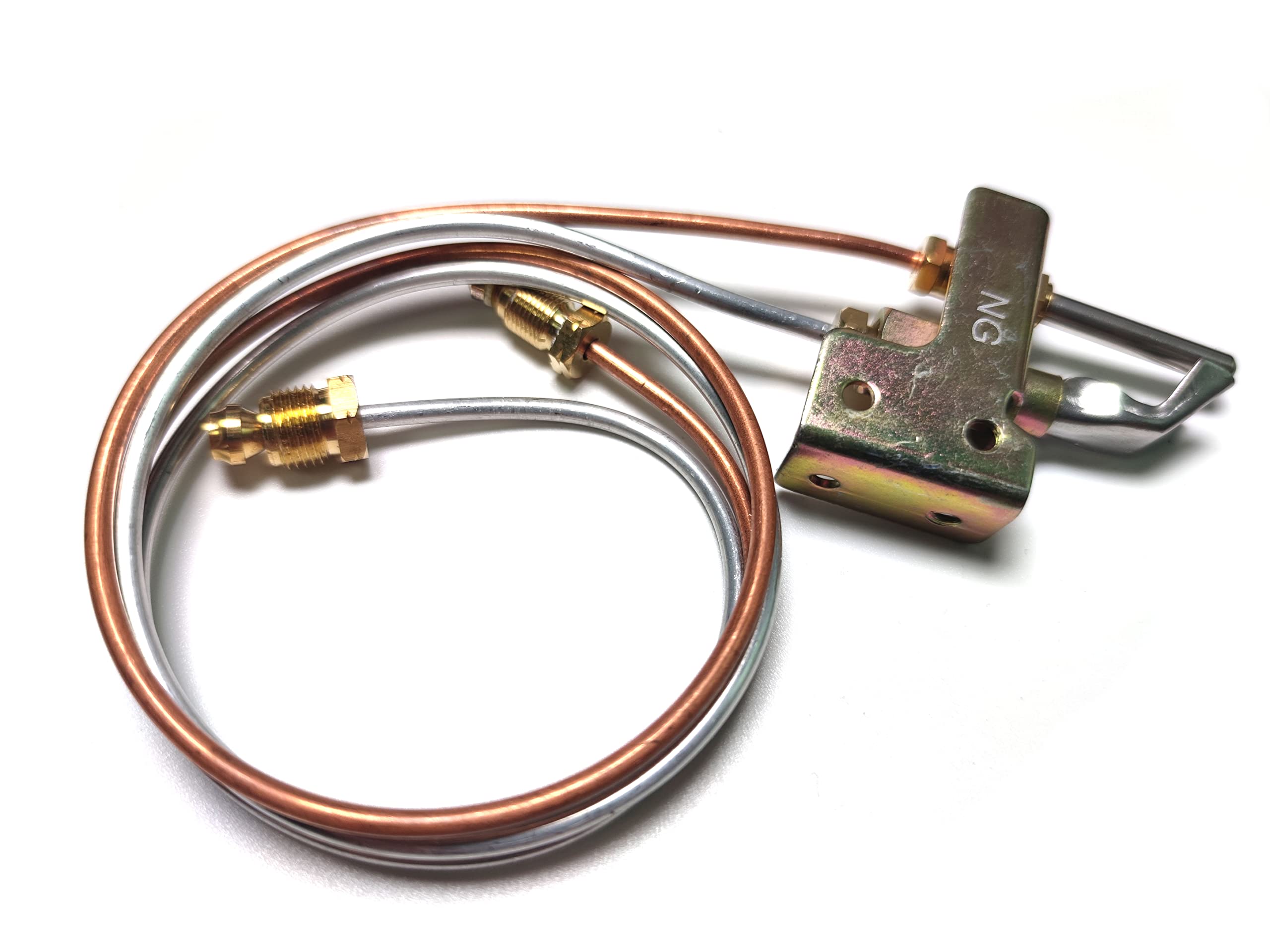
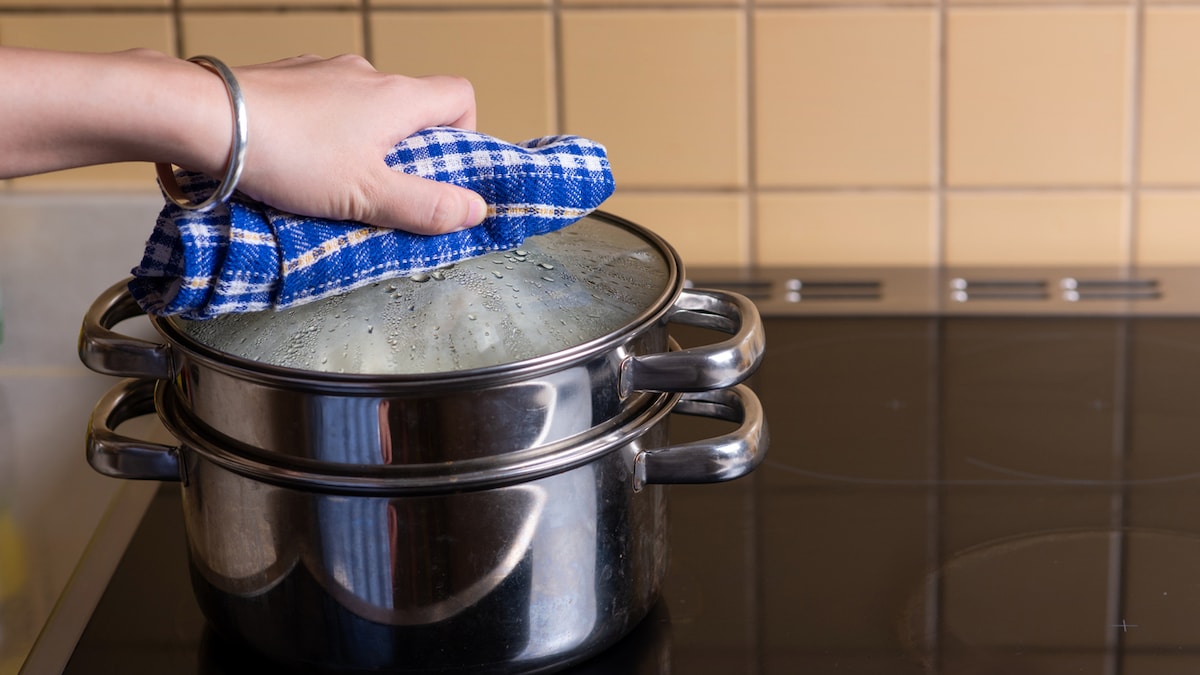
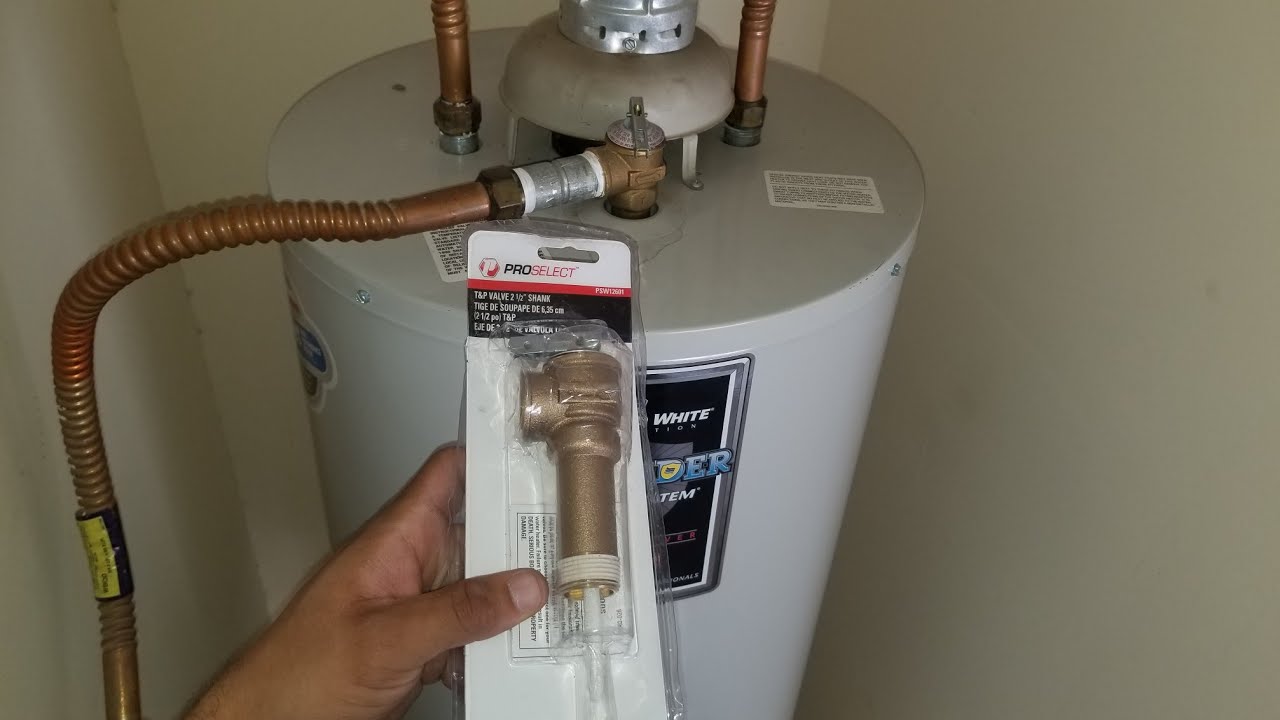
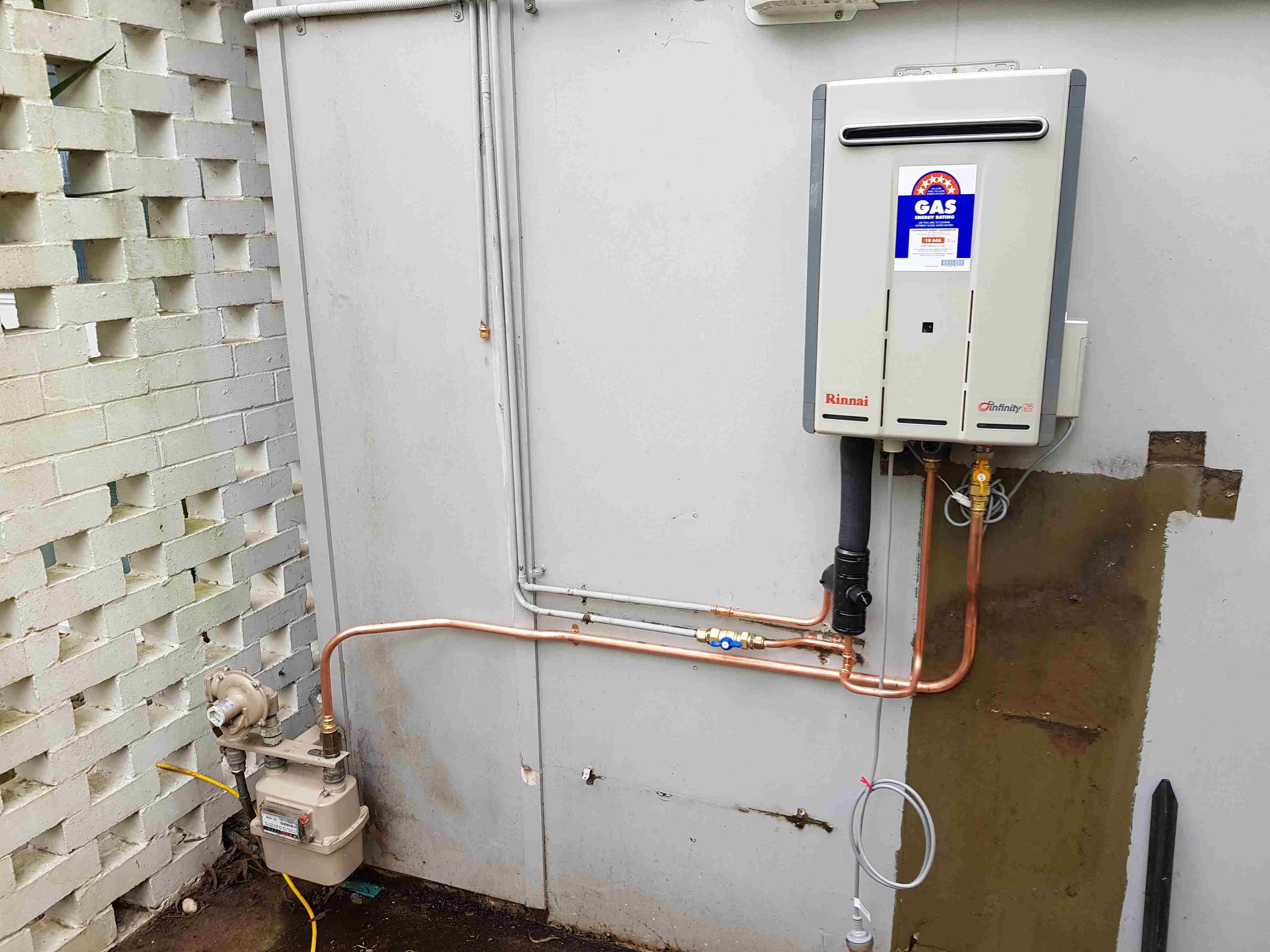
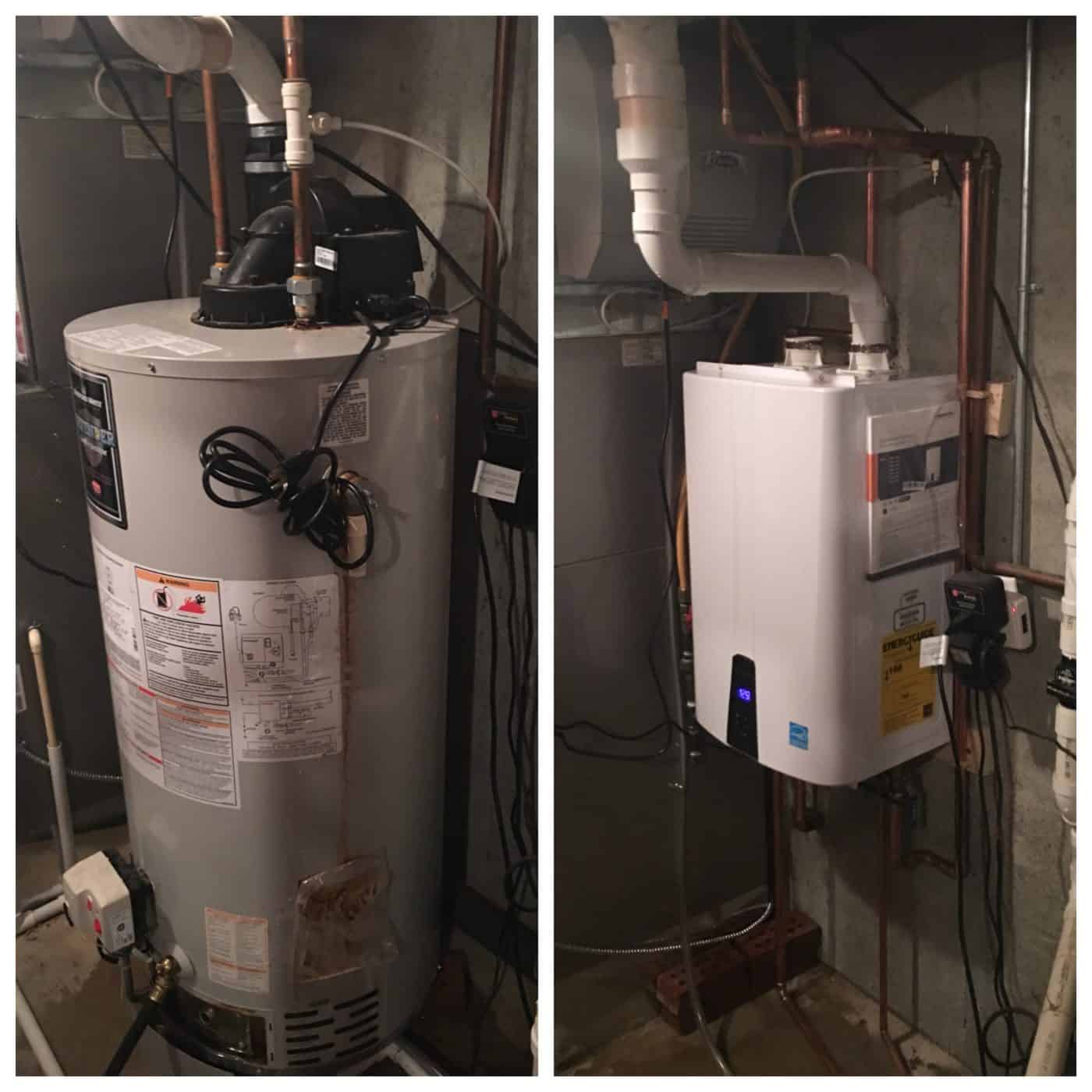
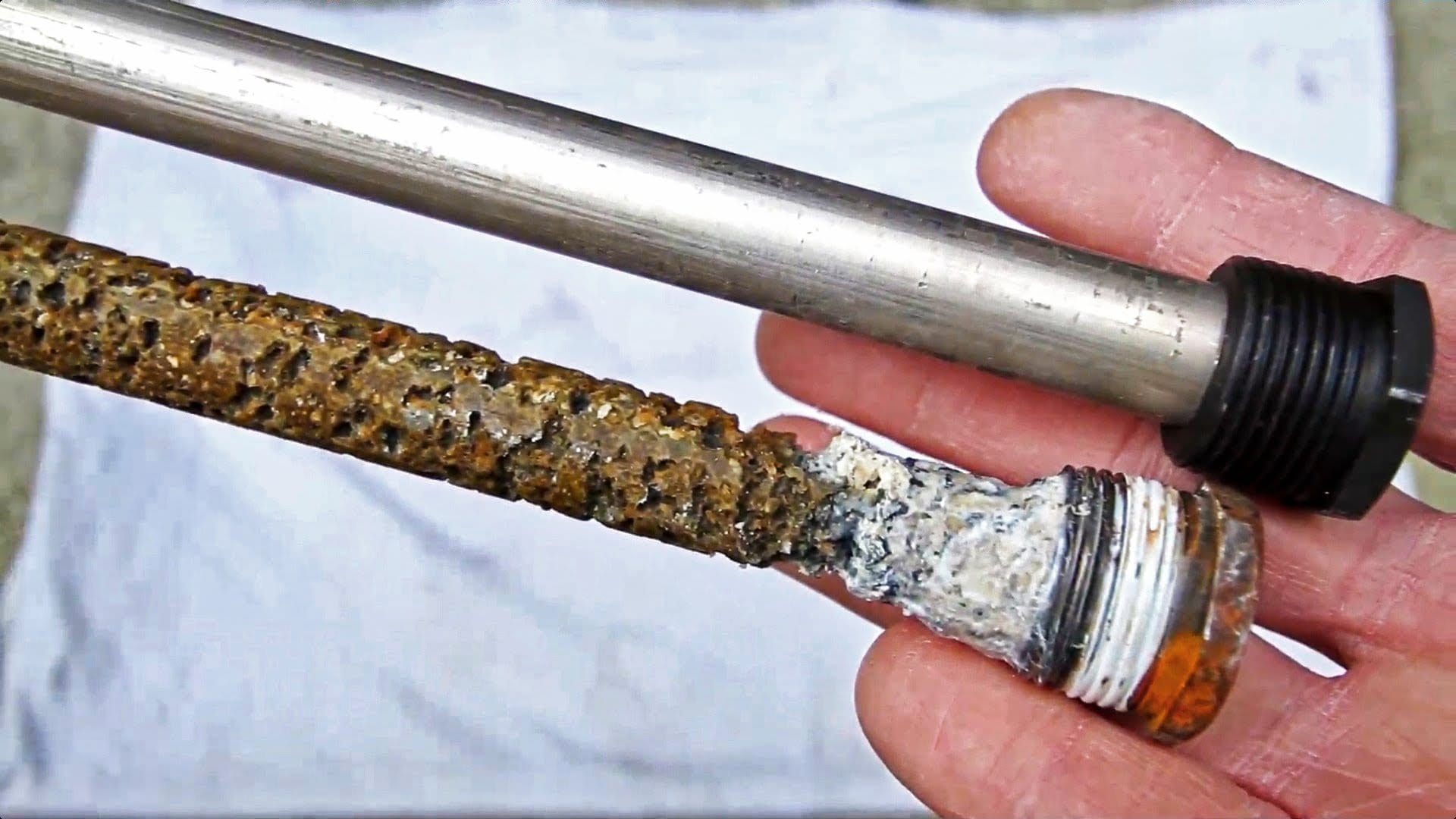

0 thoughts on “When Should You Replace Water Heater”